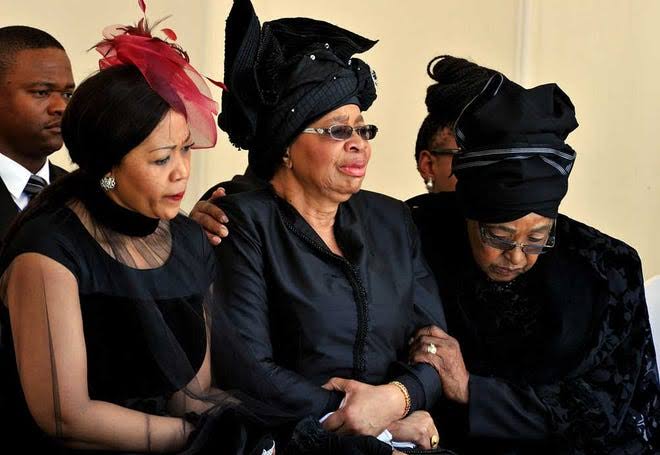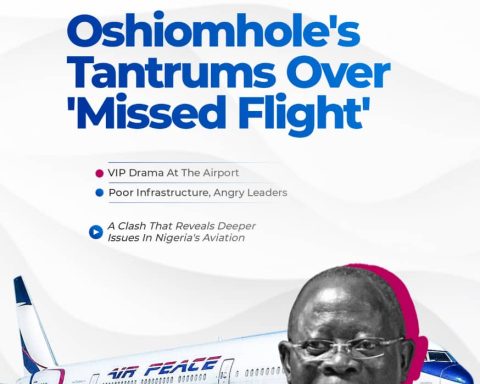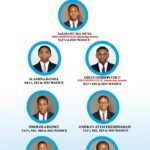The New Age Policy: FG’s Ban on U-18 Candidates from WASSCE
The Federal Government’s recent decision to ban candidates under 18 years of age from sitting for the West African Senior School Certificate Examination (WASSCE), has sparked a heated debate across Nigeria. The new policy, announced by the Minister of Education, Professor Tahir Mamman, is set to affect not only the WASSCE but also the Senior School Certificate Examination (SSCE) administered by the National Examinations Council (NECO) and the Unified Tertiary Matriculation Examination (UTME) overseen by the Joint Admissions and Matriculation Board (JAMB).
According to Professor Mamman, the policy is not new but rather a reinforcement of existing regulations. “For the avoidance of doubt, this is not a new policy; this is a policy that has been there for a long time,” Mamman said during an appearance on Channels Television’s Sunday Politics. He further clarified that, in theory, students should be at least 18 by the time they are ready for university admission, having spent the requisite number of years in primary and secondary education.
Join our WhatsApp ChannelPublic Reactions to the Ban on U-18 Candidates from WASSCE
The announcement has led to widespread criticism and concern, with many Nigerians taking to social media platforms like X (formerly known as Twitter) to express their views. One user, @bobby_supernova, questioned the rationale behind the policy, asking, “What’s wrong if a brilliant 15 yrs old child is ripe for WACE? Will you tell that child to wait 3 years later? This shouldn’t even be mentioned at all, it sounds embarrassing.”
Another user, @XyzDoski, pointed out the inconsistency in government policies, stating, “What I expected the government to do in place of this decision is ban underage marriage. How do we justify a situation where a girl child at age 15 is good for marriage while age 17 is not suitable or underage for university?”
Educators and Unions Weigh In on the FG’s Ban on U-18 Candidates from WASSCE
The policy has also drawn strong reactions from education professionals. The Nigeria Union of Teachers (NUT) has condemned the decision, arguing that societal changes, such as early enrollment in crèches due to economic pressures, make it unrealistic to restrict learning based on age alone. Dr. Mike Ene, Secretary-General of NUT, highlighted the challenges this policy could pose to exceptional students who might be younger but academically advanced. “You also have to consider exceptional students. Some students are 16 years old in SS3. Is the minister taking these scenarios into account? What are these students supposed to do? Wait two more years? I see this as a policy that could lead to numerous legal challenges,” Ene warned.
The Academic Staff Union of Polytechnics (ASUP) also expressed reservations about the policy. ASUP National President, Mr. Shammah Kpanja, suggested that the government should focus on more pressing issues within the education sector. “What we need is for the government to ensure that basic schools are equipped with functional facilities. In some villages around Abuja, you’ll find children sitting on the ground in schools, with many buildings lacking roofs. These are the real issues that need addressing,” Kpanja stated. He further argued that the decision to allow students under 18 to sit for exams should depend on their abilities rather than their age.
Concerns Over the FG’s Ban on U-18 Candidates from WASSCE
Despite the government’s insistence on enforcing the policy, many are concerned about its broader implications. Critics argue that the policy could discourage gifted students and create unnecessary barriers to education. The Academic Staff Union of Universities (ASUU) has not yet taken an official position on the matter, but ASUU National President, Professor Emmanuel Osodeke, emphasized the importance of following the standard academic progression. “Why are we focusing on university at such a young age? How many years do you spend in the university? For most courses, it’s four years; for Medicine, it’s five. We can’t reduce these durations,” Osodeke said. He questioned the wisdom of pushing children into higher education prematurely, stressing that adulthood and the responsibilities that come with it should begin at 18.
Professor Yakubu Ochefu, Secretary-General of the Committee of Vice-Chancellors of Nigerian Universities, noted that the committee would meet in September to discuss the policy and take a formal position. Ochefu pointed out that the 6-3-3-4 education system, which is tied to specific age brackets, has been in place for years, though it has not been strictly enforced. “Why is it now, when someone attempts to enforce it, that it becomes a problem for Nigerians?” Ochefu asked, while acknowledging that exceptional children should be enrolled in schools for gifted children once they demonstrate such abilities.
Future Implications of the FG’s Ban on U-18 Candidates from WASSCE
As the debate continues, many are left wondering about the future of Nigeria’s education system and the impact this policy will have on students, particularly those who are academically advanced but under the age of 18. The policy’s enforcement could lead to a significant shift in how education is approached in the country, potentially affecting the academic progression of countless students.
For now, the Federal Government remains firm in its decision, with Professor Mamman stating that there will be no going back on the policy. However, as public outcry grows and legal challenges loom, it remains to be seen how this policy will unfold in the coming years and whether the government will eventually reconsider its stance in response to the concerns of educators, students, and the general public.
Emmanuel Ochayi is a journalist. He is a graduate of the University of Lagos, School of first choice and the nations pride. Emmanuel is keen on exploring writing angles in different areas, including Business, climate change, politics, Education, and others.
- Emmanuel Ochayihttps://www.primebusiness.africa/author/ochayi/
- Emmanuel Ochayihttps://www.primebusiness.africa/author/ochayi/
- Emmanuel Ochayihttps://www.primebusiness.africa/author/ochayi/
- Emmanuel Ochayihttps://www.primebusiness.africa/author/ochayi/


















Follow Us